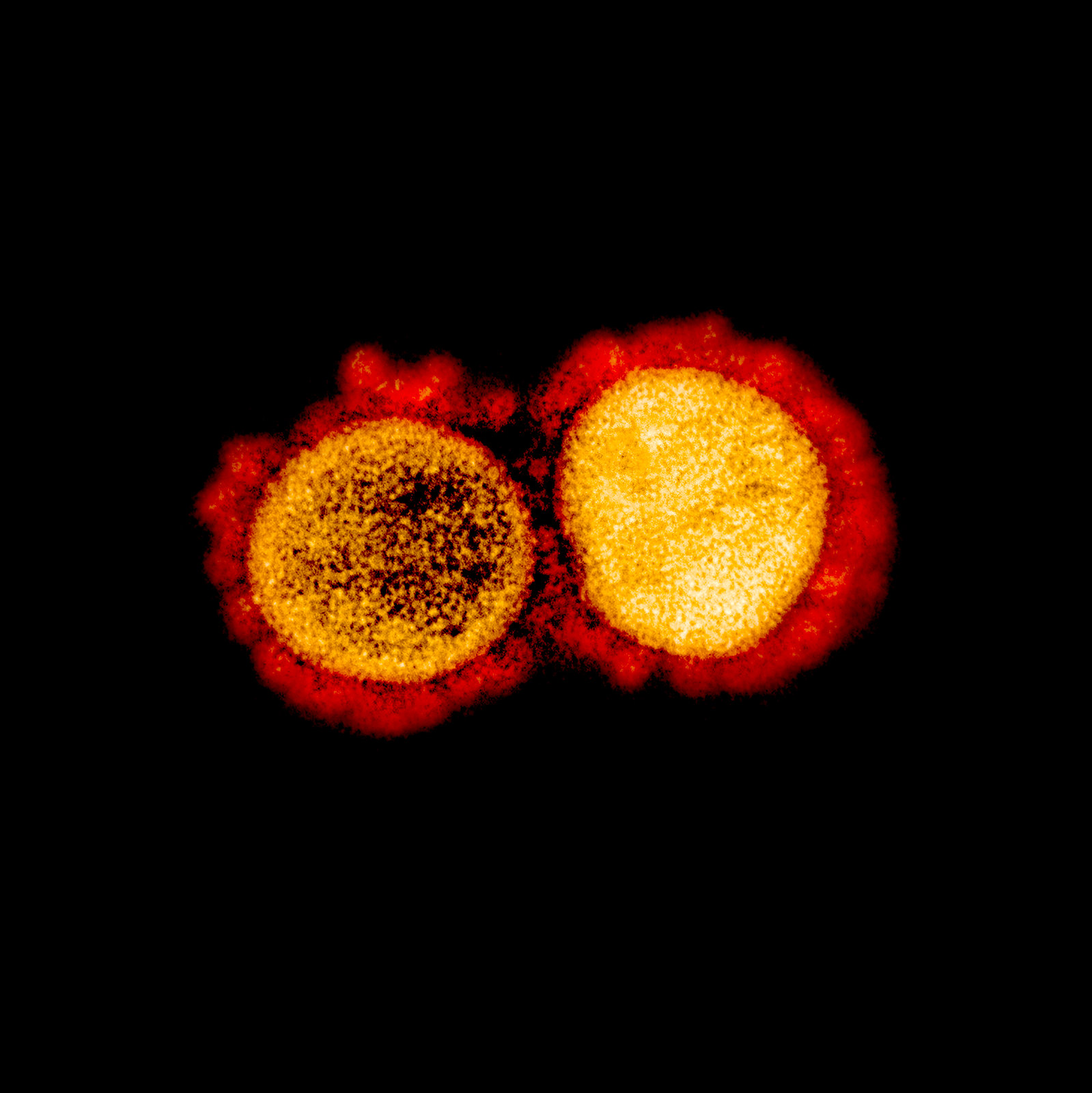Pfizer begins US pilot delivery programme for COVID-19 vaccine

Pfizer has begun a pilot delivery programme in the US for its experimental COVID-19 vaccine, as the company seeks to overcome logistical challenges caused by its ultra-cold storage requirements.
The vaccine developed in partnership with Germany’s BioNTech has been shown to be 90% effective in clinical trials.
But it has a major drawback in that it must be shipped and stored at around -70C, unlike conventional vaccines that are stored at standard refrigerator temperatures.
The company has picked four US states - Rhode Island, Texas, New Mexico and Tennessee, to trial a delivery programme that aims to overcome this challenge.
Pfizer told Reuters in a statement: “We are hopeful that results from this vaccine delivery pilot will serve as the model for other US states and international governments, as they prepare to implement effective COVID-19 vaccine programmes.”
The four states will not receive the vaccine earlier because of the pilot, according to Pfizer.
Pfizer is poised to file the vaccine with the FDA in the coming days, seeking an Emergency Use Authorization (EUA) after gathering enough safety data required by the regulator.
It was the first company to announce top-line phase 3 results showing that its vaccine is effective last week.
Pfizer and BioNTech have a $1.95 billion deal to supply 100 million doses of the vaccine to the US government, which has an option to acquire up to 500 million additional doses.
There are 11 potential COVID vaccines in late-stage clinical development and since Pfizer’s announcement two more groups from Russia’s Gamaleya Research Institute and US biotech Moderna have published favourable efficacy results.
Both Pfizer and Moderna vaccines use synthetic messenger RNA to activate the immune system against the virus.
They both code for the “Spike” protein seen on the surface of the SARS-CoV-2 coronavirus, which causes the body to produce antibodies that neutralise the virus in the event of an infection.
Feature image courtesy of Rocky Mountain Laboratories/NIH













